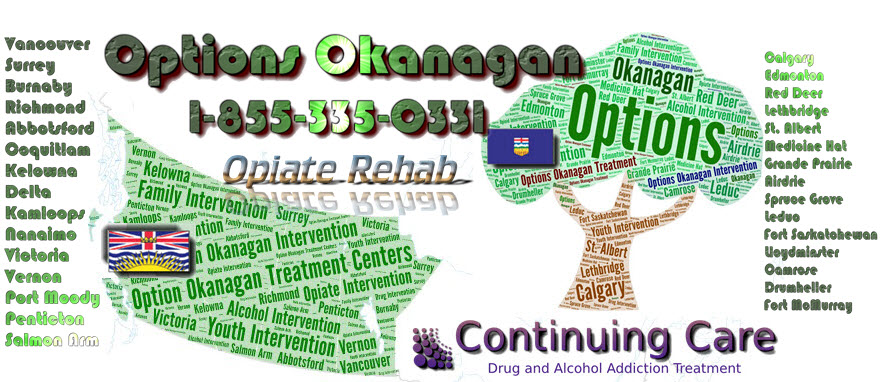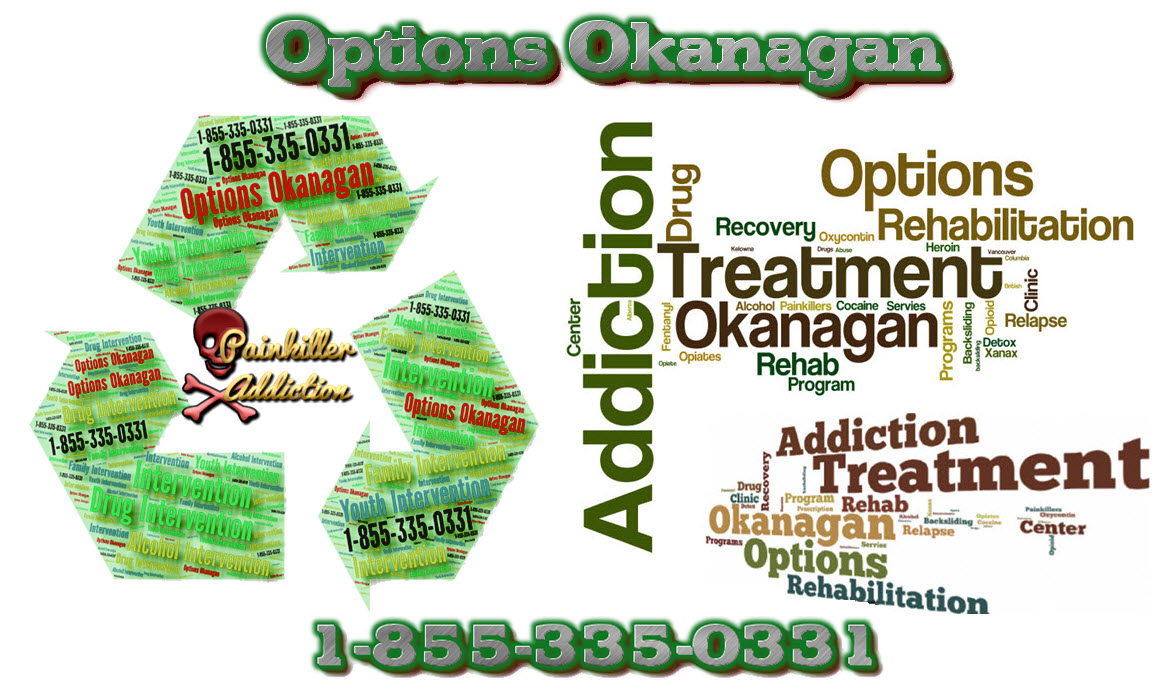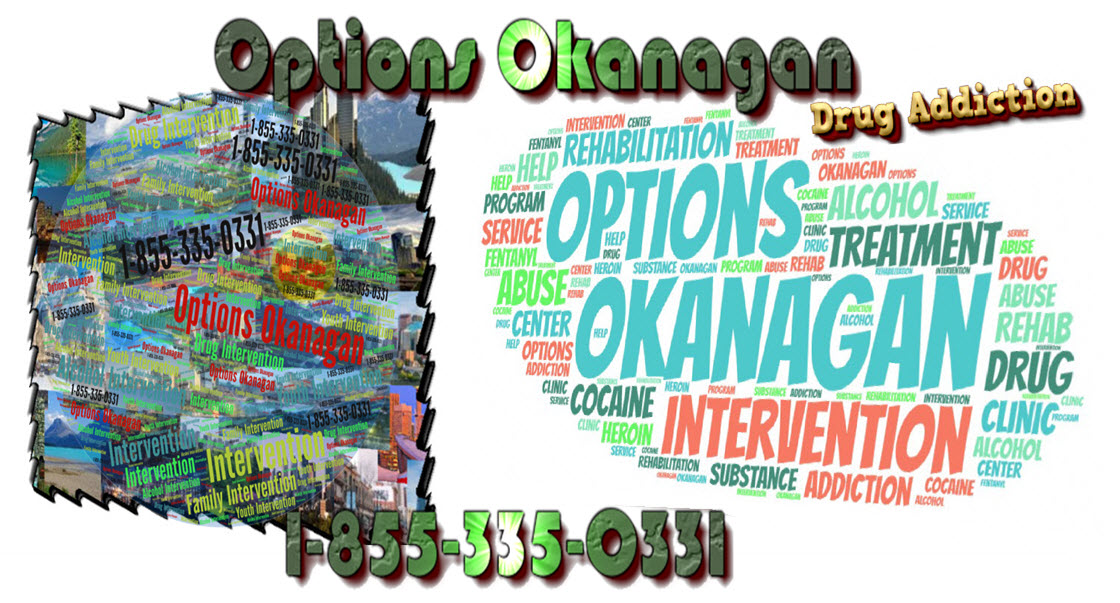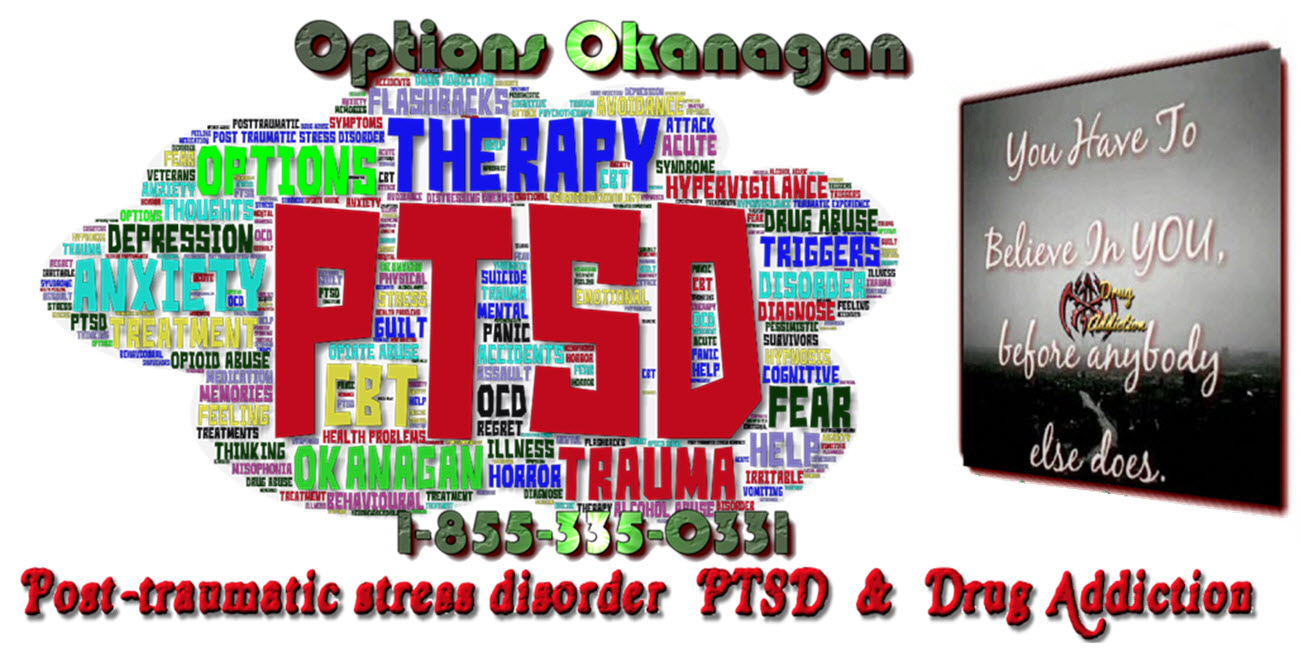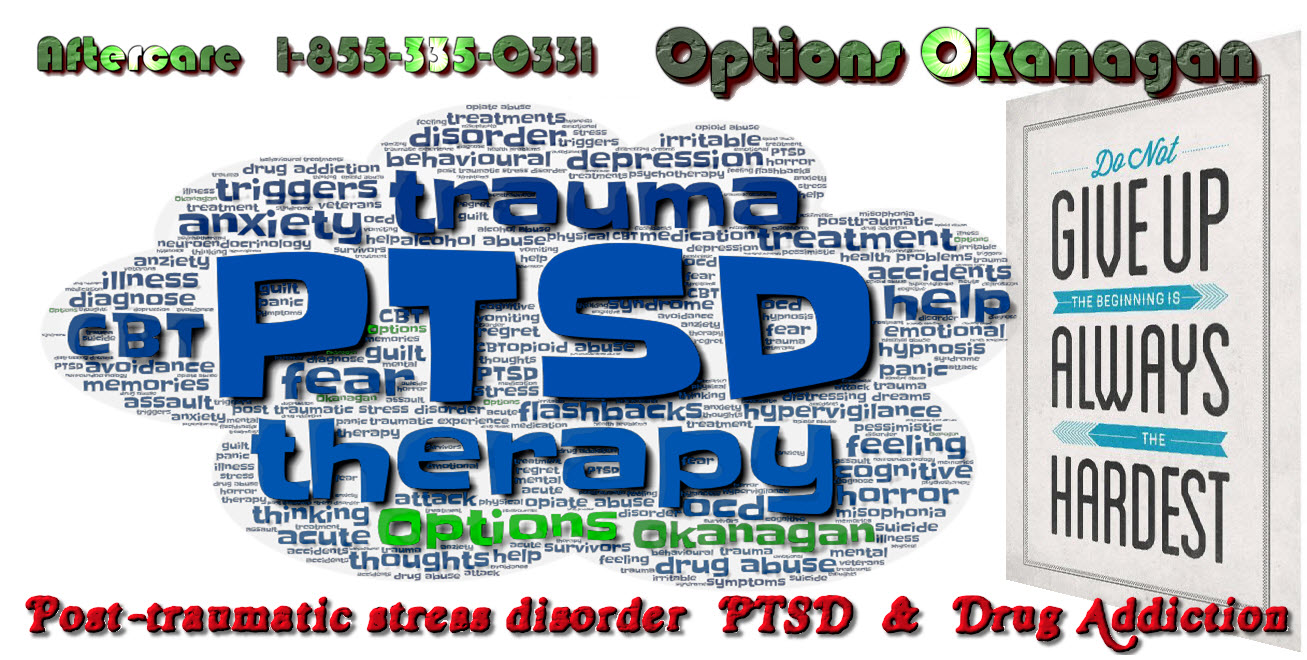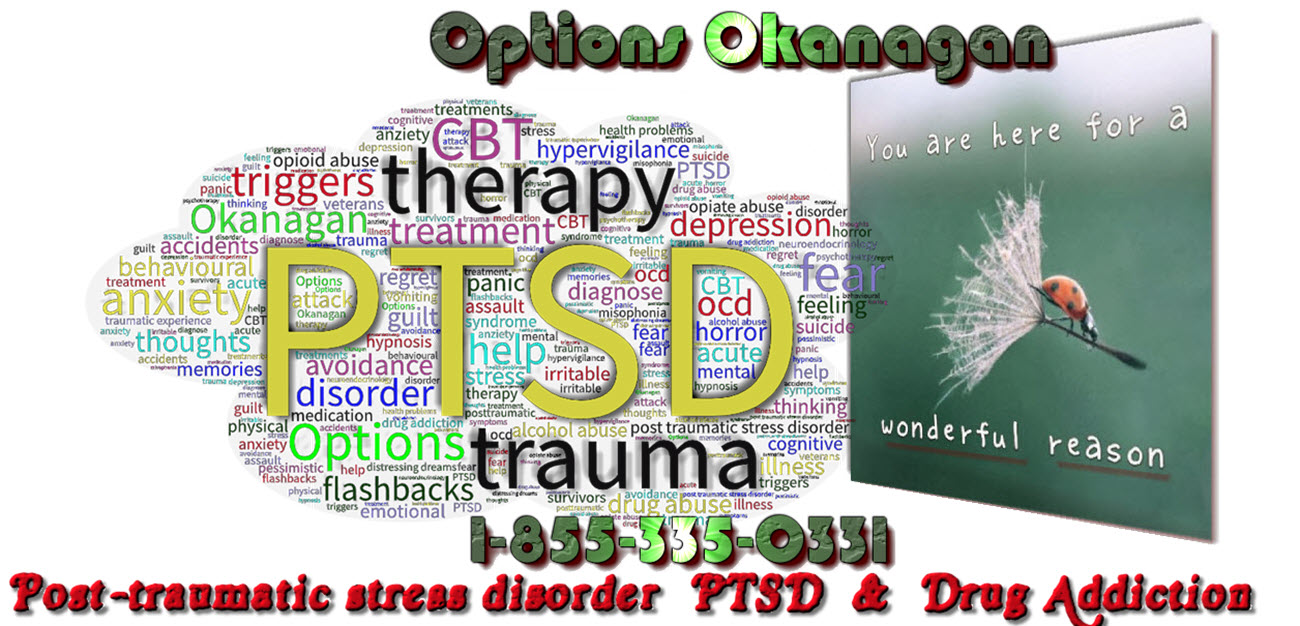How To Spring Clean An Individual’s Recovery Routines – Drug Rehab Programs for recovering addicts in British Columbia and Alberta – Options Treatment Center in Kelowna, British Columbia treating drug, opiate, fentanyl, heroin, and alcohol addiction and recovery.
Drug Rehab In Alberta And BC
Spring can be a very difficult time for people in addiction recovery. The benefits of spring cleaning are clear, so an individual should also consider restoring and improving their recovery. With early spring, this is the right time to reactivate and improve an individual’s addiction recovery routines.
Know the signs of trouble in recovery
To avoid the recurrence of relapses, it is important to look at behaviors that may indicate that an individual’s sobriety might be in trouble. If an individual finds that they have missed an appointment or changed their schedule, this might be a sign that they are no longer prioritizing their recovery routines.
Individuals who notice that their sobriety is slipping can also see that they are more upset over things or depressed than usual. Little things that usually don’t bother anyone can now get under their skin.
In addition, changes in the people that an individual spends time together can be a sign of trouble. Spending less time with their sponsor or other sober friends might indicate that they are trying very hard to stay in the world of addiction recovery. However, if an individual crosses the line with a friend or family member who still uses drugs or alcohol, that might be a sign that they need to reassess their recovery routine. Individuals get into higher-risk situations when they start to slip back into a relapse position.
An individual needs to Look at their behavior from time to time
Everybody has experienced good days and bad days. Although daily inventory is very helpful, it is most effective for an individual to check their behavior changes over time.
Most of the time individuals do not see in a few days, that they are beginning to slip in their recovery, but if they look at the weeks or months they can see that they are actually slipping back into a relapse situation. When an individual looks at the past couple of months, they have to ask themselves which behaviors and patterns can be improved. For instance, can a person do more with their sponsor or incorporate mindfulness into their day?
However, it is important to make sure an individual recognizes that they have done well. A lot of people tend to focus on the negatives, but it’s important to find the positive results that an individual makes in recovery.
The need to rely on an individuals recovery community
Sometimes it is difficult to identify individuals’ own patterns, especially in terms of addiction or other mental health problems. Therefore, it is important to trust people with whom they can talk with about their addiction recovery routines and with whom they can trust so that an individual becomes aware when things get out of control.
Counselors recommend that it is important for everybody who is in addiction recovery to have trusted people in place, be it their sponsor, or their therapist, a member of their family, or close friend who can assist and help them assess their routines.
An individual needs someone who knows their schedule and routine, their addiction triggers, and coping skills. In this way, an individual cannot make their own decisions, but discuss them with others.
An individual can also talk to their support network about what regular check-ins looks like.
It’s important to have their own ideas about what these things are like, but also to get support from individuals who are still well on their way to recovering from addictions. Ask them what they do to check and what their inventory looks like.
Choose a healthy new way to promote their recovery
Spring is not just a great opportunity to find new habits and patterns that can help an individual recover from their addiction. Exercising, meditating, or contacting support networks from an individual’s rehab center are great ways to maintain their sober lifestyle this spring.
The seasons change and it is a good reminder to get back on the right recovery track.
Options Okanagan Opiate and Alcohol Treatment Centers in Kelowna, Salmon Arm and Vancouver, British Columbia – Men and Women are recovering and healing from Alcohol and Drug Abuse at our treatment center here in the Okanagan right now.
Our unique and distinctive Opiate Drug and Alcohol treatment program allow men and women to come in from Calgary as well as Edmonton as we offer airport pickup.
Numerous clients come to us from Vancouver, Calgary, and Edmonton and other locations in Alberta and even other provinces for Opiate addiction treatment, heroin drug treatment, many other drug and alcohol addictions for rehabilitation because of the uniqueness of our treatment center.
Our (Kelowna ) Alcohol and Drug Treatment Program Location:
(Not Mailing Address) Contact Us – Web Page
For Mail Delivery :: Please contact each center for correct mailing addresses, also this location is the location of our residential treatment programs in Kelowna. Please call Toll Free 1-855-335-0331 to contact the treatment center you are going to for the address and directions.
Options Okanagan Drug and Opiate Treatment Center
551 Sherrydale Crescent, Kelowna, British Columbia, V1V 2E6
Toll-Free Phone Number: 1-855-335-0331

